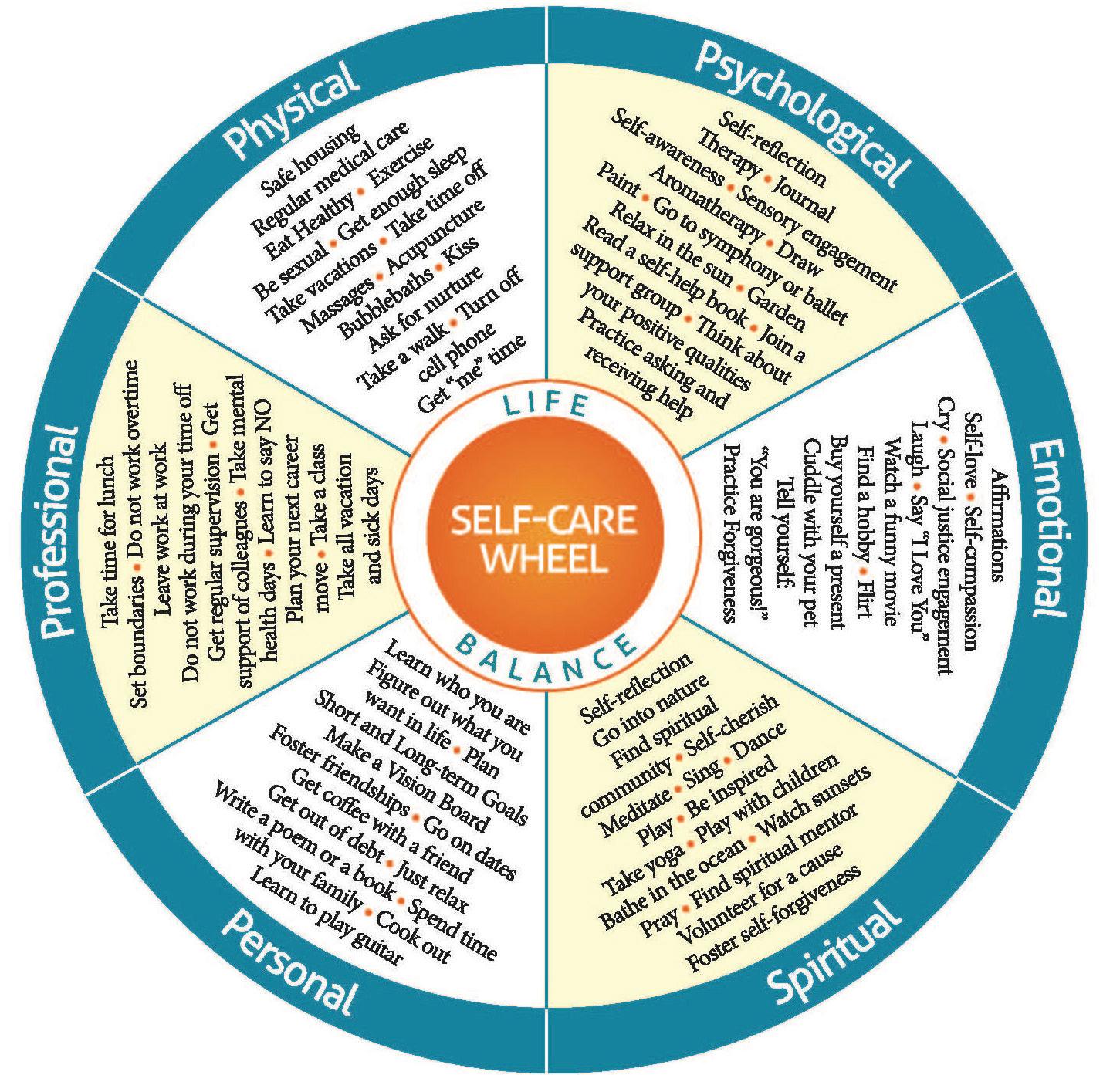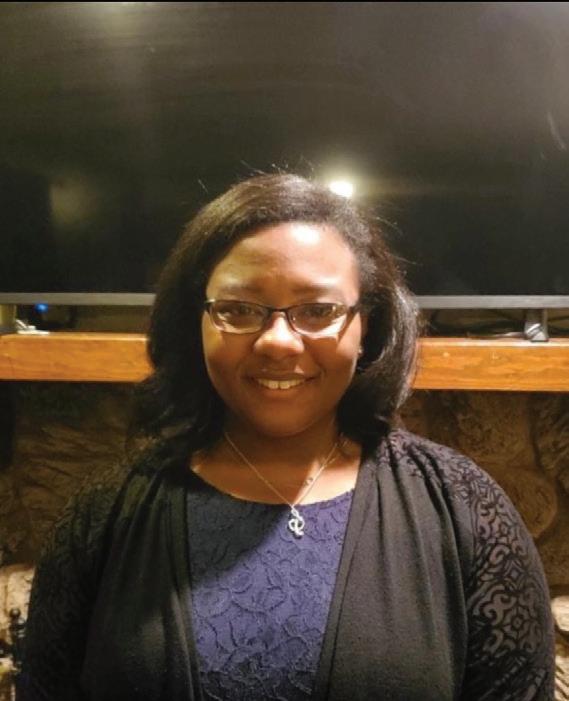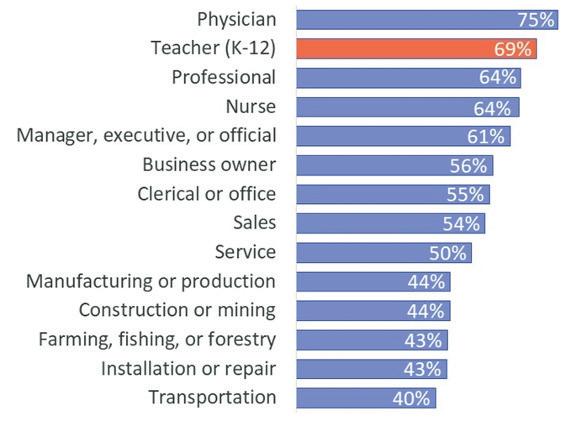Valarie Jacobsen Director, Career Development Office, Xavier University, Ohio
A
s you begin your job search, you may find yourself wondering about references, letters of recommendation, and how to most effectively use both throughout the process. Following are some tips to help you better understand the purpose of each and how to use them effectively.
Letters of Recommendation
ü
ü
ü
Who: While your references can write letters of recommendation, it is not necessary for every reference to do this. Consider asking 2-3 professionals who have observed you in a teaching/educational role to write letters of recommendation. Why: When submitting applications to various schools, you may have the opportunity to upload letters of recommendation to your application packet. While the letter won't get you the job, it can provide an overview of the qualities and skills that someone else has recognized in you which can only help you as applications are being reviewed. How: Be sure to allow the writer several weeks to write your letter, and provide the writer a copy of your most current resume as well as information about the types of positions you are specifically targeting so he/she can tailor the letter as much as possible. Ask your writer to sign the letter and put it on letterhead if possible, then convert the final copy to a pdf for submission to employers. When submitting your application materials, include the 1-2 letters most connected to the position for which you are applying and include them. Quality and relevance are more important than quantity.
References ü
ü
ü
Who: Consider those who have seen you in action, either teaching or in an educational setting. Those who have supervised you and witnessed your work ethic, creativity, dedication, interaction with students, and commitment to teaching firsthand are especially good potential references. While it is important to have references who can speak to your teaching abilities, additional references can include faculty, supervisors, advisors, coaches, and more. Ultimately you will want 3-5 references with at least two connected with education. Focus more on those who can say great things about your abilities in the classroom and less on their titles. For example, it may sound impressive to have your principal as a reference, but if he/she can't speak in depth about your abilities in the classroom, he/she won't be a strong reference for you. Why: Employers like to have a conversation with someone who has worked closely with or supervised you in a previous role to gain additional insight into your qualifications for the position and fit within the school. It is common for reference checks to occur toward the end of the selection process, after interviews have taken place. Sometimes a reference check will help an employer to decide between two excellent candidates, while other times the reference will help confirm the choice to select you for the position. How: Always ask people to be references before listing them on your reference sheet, and be sure to
ask what contact information you should list for them. It is recommended that you list your reference's name, title, employer, phone number, and email address on your reference sheet, and that you list your references in the order in which you would hope that they be called—in other words, your strongest reference should be listed first. While anyone you ask to be a reference should decline if he/she cannot say glowing things about you, never list a questionable reference. If you are not confident that they will say great things, don't list them. Be sure your references get a copy of your most updated resume as well, so that they will have a good grasp of all your experience, accomplishments, and activities. Finally, keep your references informed about your job search progress, including the jobs for which you have interviewed and when you secure a position. Keeping these relationships strong throughout your job search will serve you well as you enter your first professional position!
Resumes, Cover Letters, References, and Applications
Professional References: Who, Why, and How to Make Them Work for You
The Importance of References Joan Welker Director (retired), Center for Career and Professional Development, Lock Haven University, Pennsylvania Whom to Ask ü References should include your cooperating teachers and university supervisor(s) from your student teaching placement(s). Even if you do not plan to teach immediately after graduation, it is imperative that you acquire these references at the time you complete your placement. ü Additional references may include employers who have supervised you, preferably in jobs or volunteer positions where you interacted with children and youth. You might also consider faculty members or other professionals who can attest to your qualities and characteristics of your abilities, academic and otherwise. How to Present the Information ü References should be listed on a separate sheet with your name at the top: “References for John Smith.” ü Include the name, title, organization, address, phone number and email for each reference. ü Send this information along with your resume when requested. Letters of Reference versus Evaluations ü In some states, student teaching evaluations are used in place of letters of reference. Check with your Career Services office and/or Student Teaching office. Either way, copies of both types of documents can be part of your portfolio.
37 American Association for Employment in Education































